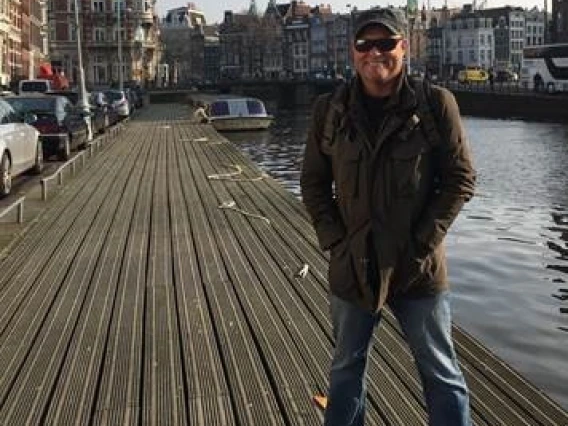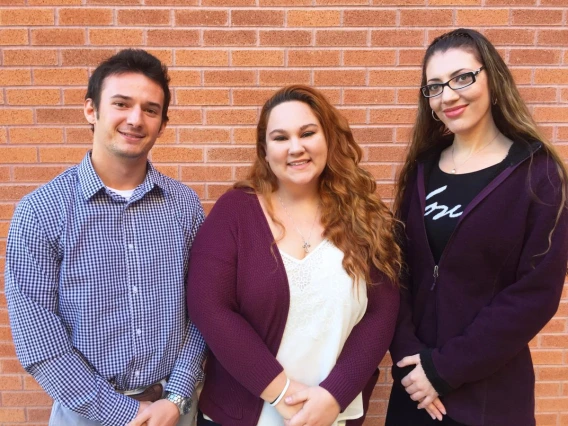Religious Studies is proud to announce the 2017-18 Rombach and Bretall Award Winners (listed alphabetically): Lexie Clark, Samantha Montes, and Blayne Roach.
Congratulations to our outstanding Religious Studies students!
Read (in their words) how majoring in Religious Studies has enriched their lives and studies:
Blayne Roach (Majors: Religious Studies, Physiology), Religious Studies Ora Bretall Scholarship
Through [Religious Studies], I have developed a better understanding of what patients believe in terms of medical science, death and even the afterlife. This deeper understanding has broadened my insight on how to have a better bedside manner, as well as to be more compassionate and caring for my patients and their family and friends. I believe that I can have a significant impact in the medical community as many doctors don't seem to go past the boundaries of solely treating patients as "another day of work."
Lexie Clark (Majors: Religious Studies, Physiology, Neuroscience & Cognitive Science), Religious Studies Ora Bretall Scholarship
Religious Studies has provided me an escape each semester. It has allowed me to break out of the sciences and into the humanities where answers are never exactly right or wrong, and each question is followed by a discussion of perspective and possibility. At the University of Arizona, taking Religious Studies classes has exposed me to the diversity that exists at the university, as well as across the globe.
Samantha Montes (Majors: Religious Studies, English), Religious Studies Lionel Rombach Scholarship
I chose to major in Religious Studies as I found myself in my required literature courses striving to recall what stories I learned from my own religious upbringing, and recognizing how I could enrich my experience and passion for studying English literature by also majoring in Religious Studies and expanding my knowledge of multiple religions, cultures and texts. Teachings and conversations shared with my Religious Studies professors have also made a positive impact by expanding my interests in subjects such as art, Hindu culture, and literature of the Bible - just to name a few.










